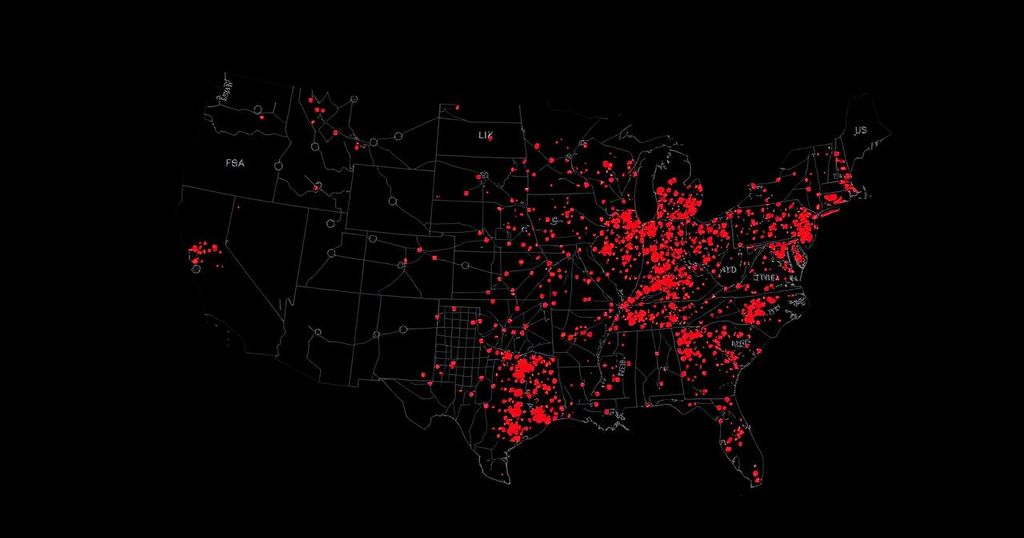U.S. intelligence has raised alarms about likely insider threats to election integrity ahead of the 2024 elections. The Colorado Information Analysis Center’s bulletin warns that individuals with authorized access could jeopardize fair elections, with examples of concerning behaviors highlighted. The rise of election-denying factions has led to heightened tensions within election administration, significantly impacting turnover rates among officials. Closing remarks emphasize the need for vigilance in both physical and cyber defenses against these emerging threats.
Recent intelligence from the U.S. indicates a significant risk of insider threats during the forthcoming elections, with reports suggesting such threats might compromise the fairness and transparency of the electoral process. According to a classified U.S. intelligence memorandum reviewed by WIRED, insider threats, defined by the Department of Homeland Security as individuals who misuse their authorized access to inflict harm, are anticipated to be particularly concerning in the lead-up to the 2024 elections. This advisory was part of a broader situational awareness bulletin issued by the Colorado Information Analysis Center, emphasizing the heightened threat landscape that election offices are encountering. Kevin Klein, director of Colorado’s Division of Homeland Security and Emergency Management, remarked that this election cycle presents elevated concerns regarding insider threats compared to previous elections. The bulletin outlines various behaviors indicative of potential insider threats, such as attempts to manipulate or destroy ballots and unauthorized access to voting facilities. While the memorandum does not specify the reasons for the increased likelihood of insider threats, it acknowledges the rise of election denialism, which has witnessed individuals loyal to former President Trump assuming roles within the electoral process. There has been a proliferation of pro-Trump organizations training partisan poll watchers and workers, with alarming overlaps to extremist groups. Prior instances in which individuals affiliated with such groups gained employment as election workers underscore the potential risks. The bulletin reflects on the impact of threats faced by election workers, leading to record turnover rates across local election offices. Intelligence officials recognize the need to remain vigilant about insider threats to maintain the integrity of the democratic process. Furthermore, cybersecurity threats from criminal hackers may pose an equally significant concern as adversarial foreign nations. This complex environment necessitates close collaboration between law enforcement and election officials to safeguard both physical and cyber infrastructure ahead of the elections.
The article discusses the increasing concern of insider threats posed to election integrity as the U.S. approaches the 2024 elections. It highlights the evolving landscape of election administration influenced by partisan politics, particularly the infiltration of election-denying factions into roles within the electoral system. The backdrop includes a heightened atmosphere of scrutiny regarding the conduct of election officials, exacerbated by threats and harassment they encounter stemming from broader electoral conspiracy theories. The urgency of this situation is compounded by ongoing cybersecurity threats attributed to both criminal hackers and hostile foreign actors. In light of these conditions, intelligence agencies have mobilized to issue warnings and strategize protective measures for election infrastructure, emphasizing the importance of vigilance and preparedness.
In summary, the memo from U.S. intelligence underscores a potentially troubling scenario for the upcoming elections, highlighting the plausible risks posed by insider threats amidst a climate of heightened political tensions and conspiracy theories. As election officials grapple with both physical and cyber threats, it is critical to remain alert and engage in proactive measures to ensure the integrity and security of the electoral process.
Original Source: www.wired.com






